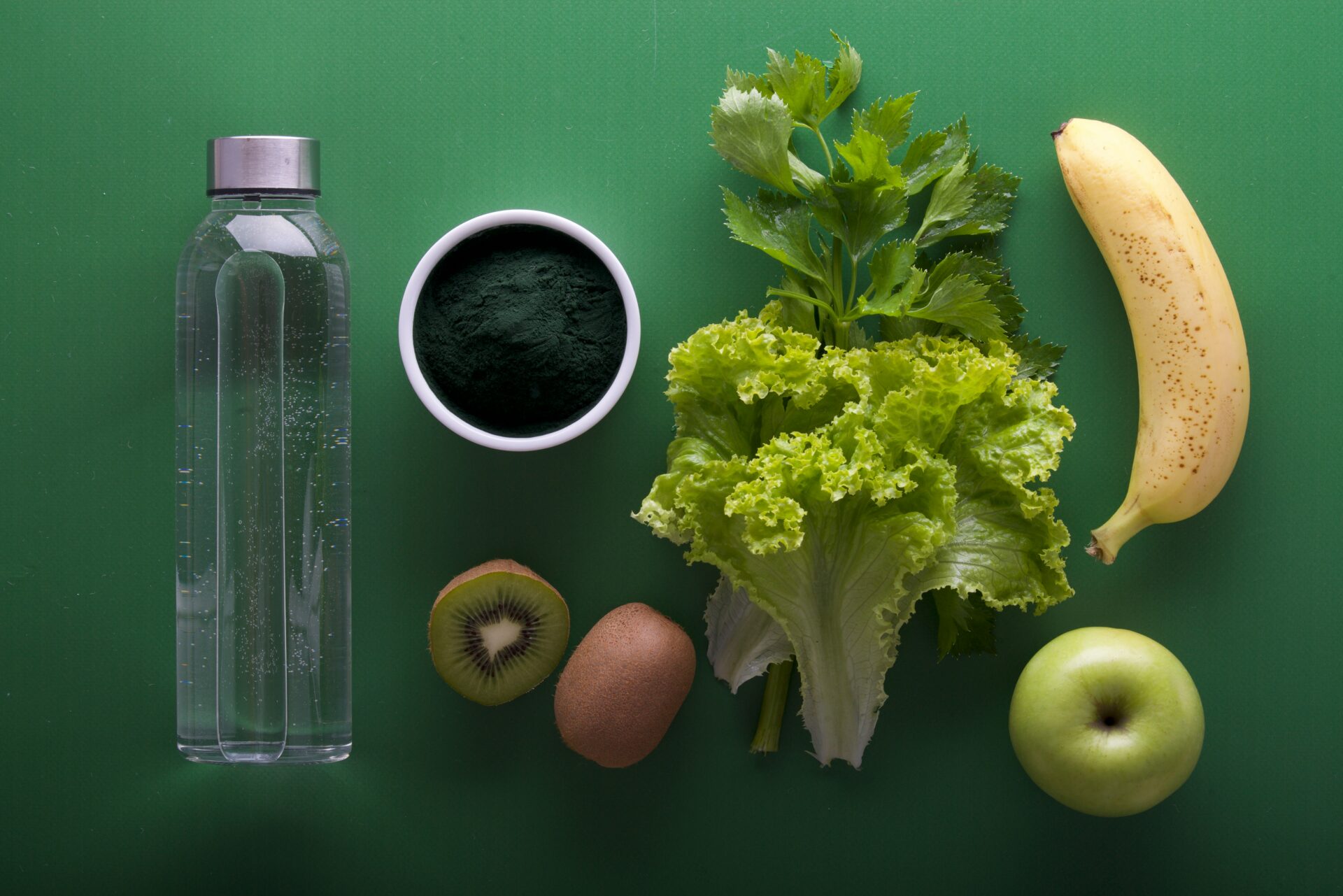Importance of Mental and Physical Well-being for Over 50s
As individuals age, it becomes increasingly important to prioritize mental and physical well-being. The over 50s demographic faces unique challenges when it comes to maintaining cognitive function and overall health. Fortunately, incorporating the right vitamins into their daily routine can greatly enhance their well-being. In this article, we will explore the role of vitamins in promoting brain health and provide a comprehensive guide to the best vitamins for over 50s.
Understanding Brain Health and the Role of Vitamins
Brain health is crucial for individuals of all ages, but it becomes even more significant as one enters the later stages of life. Cognitive decline, memory problems, and mood disorders are common concerns for the over 50s population. While aging is a natural process, there are ways to mitigate its impact on brain health. One effective approach is to incorporate specific vitamins into the diet.
The Best Vitamins for Brain Health
Vitamin B12 – Boosting Cognitive Function and Energy Levels
Vitamin B12 is an essential nutrient that plays a crucial role in brain health. It is involved in the production of red blood cells, DNA synthesis, and the maintenance of nerve cells. As individuals age, the body’s ability to absorb vitamin B12 decreases, leading to a higher risk of deficiency. Studies have shown that vitamin B12 supplementation can improve cognitive function and memory in older adults. Additionally, it helps maintain energy levels, reducing fatigue and promoting overall well-being.
Vitamin D – Enhancing Mood and Reducing the Risk of Cognitive Decline
Vitamin D is often referred to as the “sunshine vitamin” because it is primarily synthesized in the skin when exposed to sunlight. It is essential for maintaining healthy bones, but its benefits extend beyond that. Research has shown that vitamin D plays a crucial role in brain health. It enhances mood, reduces the risk of depression, and may even help prevent cognitive decline. Older adults are particularly susceptible to vitamin D deficiency due to reduced sun exposure and decreased skin synthesis. Therefore, supplementation or increased dietary intake of vitamin D is highly recommended.
Omega-3 Fatty Acids – Improving Memory and Reducing Inflammation
Omega-3 fatty acids are a type of healthy fat that is essential for brain health. They are primarily found in fatty fish, such as salmon and sardines, as well as flaxseeds and walnuts. Omega-3 fatty acids have been shown to improve memory, reduce inflammation in the brain, and promote overall cognitive function. Incorporating these healthy fats into the diet can have significant benefits for mental well-being, especially for the over 50s population.
Antioxidants – Protecting the Brain from Oxidative Stress
Antioxidants are compounds that protect the body’s cells from damage caused by free radicals. They play a crucial role in preventing oxidative stress, which has been linked to various age-related diseases, including cognitive decline. Vitamins C and E, as well as beta-carotene, are powerful antioxidants that can support brain health. These vitamins can be found in a variety of fruits and vegetables, such as oranges, berries, spinach, and kale. Including these antioxidant-rich foods in the diet can provide significant benefits for mental and physical well-being.
Other Essential Vitamins for Mental and Physical Well-being
While vitamin B12, vitamin D, omega-3 fatty acids, and antioxidants are key players in promoting brain health, there are other essential vitamins that should not be overlooked. Vitamin E, for example, has been shown to have neuroprotective effects and may help reduce the risk of cognitive decline. Vitamin C is vital for the synthesis of neurotransmitters and plays a role in mood regulation. The B vitamins, including thiamine, riboflavin, and niacin, are also essential for brain function. These vitamins can be obtained through a balanced diet that includes a variety of fruits, vegetables, whole grains, and lean proteins.
How to Incorporate These Vitamins into Your Diet
Incorporating these vitamins into the diet doesn’t have to be complicated. It can be as simple as adding a few key foods to your daily meals. For example, including fatty fish like salmon or mackerel in your diet twice a week can provide a significant amount of omega-3 fatty acids. Adding a handful of nuts and seeds to your snacks can boost your vitamin E intake. Additionally, consuming a wide variety of fruits and vegetables will ensure an adequate intake of antioxidants and other essential vitamins. It is always recommended to consult with a healthcare professional or registered dietitian to develop a personalized dietary plan that meets your specific needs.
Supplements for Brain Health – Choosing the Right Ones
While getting vitamins from food sources is generally the preferred method, supplements can be a convenient option for individuals who have difficulty meeting their nutritional needs through diet alone. When choosing supplements for brain health, it is important to opt for high-quality products from reputable brands. Look for supplements that are third-party tested for purity and potency. Additionally, it is advisable to consult with a healthcare professional before starting any new supplements to ensure they are safe and suitable for your individual needs.
Lifestyle Factors that Support Brain Health
In addition to incorporating the right vitamins into your diet, several lifestyle factors can significantly impact brain health. Regular physical exercise has been shown to have numerous benefits for cognition and overall well-being. Engaging in activities that stimulate the brain, such as reading, puzzles, and learning new skills, can also help maintain cognitive function. Prioritizing quality sleep, managing stress levels, and maintaining social connections are other important factors that support brain health.
Taking a Proactive Approach to Mental and Physical Well-being over 50
In conclusion, maintaining mental and physical well-being is of utmost importance for individuals over 50. By understanding the role of vitamins in promoting brain health and incorporating them into their diet, individuals can enhance their cognitive function, memory, and overall well-being. Vitamin B12, vitamin D, omega-3 fatty acids, and antioxidants are among the best vitamins for brain health. Incorporating these vitamins through a balanced diet and, if necessary, supplements, along with adopting a healthy lifestyle, can help individuals stay sharp and energized as they age. Taking a proactive approach to mental and physical well-being is essential for a fulfilling and vibrant life.





Responses